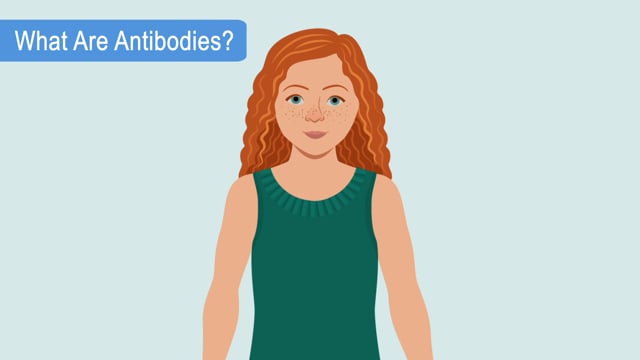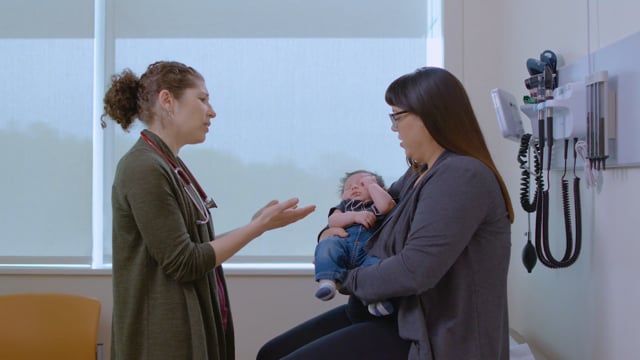Find a Provider
From well-child visits to specialized treatment of complex illnesses and injuries, we offer comprehensive care from an exceptional team of doctors, nurses and allied professionals.
- Parents Home
- Para Padres
- A to Z Dictionary
- Allergy Center
- Asthma
- Cancer
- Diabetes
- Diseases & Conditions
- Doctors & Hospitals
- Emotions & Behavior
- First Aid & Safety
- Flu (Influenza)
- Food Allergies
- General Health
- Growth & Development
- Heart Health & Conditions
- Homework Help Center
- Infections
- Newborn Care
- Nutrition & Fitness
- Play & Learn
- Pregnancy Center
- Preventing Premature Birth
- Q&A
- School & Family Life
- Sports Medicine
- Teens Home
- Para Adolescentes
- Asthma
- Be Your Best Self
- Body & Skin Care
- Cancer
- Diabetes
- Diseases & Conditions
- Drugs & Alcohol
- Flu (Influenza)
- Homework Help
- Infections
- Managing Your Weight
- Medical Care 101
- Mental Health
- Nutrition & Fitness
- Q&A
- Safety & First Aid
- School, Jobs, & Friends
- Sexual Health
- Sports Medicine
- Stress & Coping
Your Child's Vaccines
Babies are born with protection against some diseases because their mothers pass antibodies (proteins made by the body to fight disease) to them before birth. Breastfed babies continue to get more antibodies in breast milk. But in both cases, the protection is temporary. And for some diseases, a baby might not get protective antibodies at all during the pregnancy. That’s why it’s so important to vaccinate babies early in life, before they're exposed to diseases.
Vaccination is a way to create immunity to (protection from) some diseases. Sometimes this is done by using small amounts of a killed or weakened germ that causes the disease. Other times the vaccine is simply a small piece of the germ, such as a protein or a piece of its genetic material.
Germs can be viruses (such as the measles virus) or bacteria (such as pneumococcus). Vaccines stimulate the immune system to react as if there were a real infection. It fights the "infection" and remembers the germ. Then, it can attack the germ if it enters the body later.

What are Antibodies?
What's an antibody? What's an antigen? Find out here.
What Are the Types of Vaccines?
There are a few different types of vaccines:
- Attenuated (weakened) live germs: These are used in some vaccines such as in the measles, mumps, and rubella (MMR) and chickenpox vaccines.
- Killed (inactivated) germs: These are used in some vaccines, such as in the flu shot or the inactivated poliovirus vaccine.
- Toxoid vaccines: These contain an inactivated toxin (harmful chemical) made by the germ. For example, the diphtheria and tetanus vaccines are toxoid vaccines.
- Conjugate vaccines: These contain small pieces of the germ combined with proteins that help trigger a strong immune response. Many commonly used vaccines are made this way, including those that protect against hepatitis B, HPV, whooping cough, and meningitis.
- mRNA (messenger RNA) vaccines: These use a piece of RNA (genetic material) that is created in a lab. The RNA teaches the body how to make a protein that looks like it came from a germ. Then the immune system makes antibodies to fight that protein. Some of the COVID-19 vaccines are this type.
The American Academy of Pediatrics (AAP) recommends that kids get combination vaccines (rather than single vaccines) whenever possible. Many vaccines are offered in combination (given in one shot) to help lower the number of shots a child gets. This has been shown to be very safe. From the moment babies are born, their immune systems are exposed to countless germs every day. A few more in a combination vaccine is very easy for the immune system to handle. It also means fewer visits to the doctor and makes it more likely that babies get all the vaccines they need.
What Vaccines Do Kids Need?
The following vaccines and schedules are recommended by the AAP. Some variations are normal, and recommendations change as new vaccines are developed. Some vaccines (like dengue vaccine) are only given to some children who are at high risk for getting infected. Your doctor will talk to you about the right vaccines and schedule for your child.
Recommended vaccines:
- Chickenpox (varicella) vaccine
- COVID-19 vaccine
- Dengue vaccine
- Diphtheria, tetanus, and pertussis (DTaP, Tdap) vaccine
- Hepatitis A (HepA) vaccine
- Haemophilus influenzae type b (Hib) vaccine
- Hepatitis B (HepB) vaccine
- Human papillomavirus (HPV) vaccine
- Influenza (flu) vaccine
- Measles, mumps, and rubella (MMR) vaccine
- Meningococcal (MenACWY, MenB) vaccines
- Pneumococcal (PCV13, PPSV23) vaccines
- Polio (IPV) vaccine
- Rotavirus (RV) vaccine
Protection against respiratory syncytial virus (RSV) is a little different. An RSV vaccine is recommended for all pregnant women if the baby will be born during RSV season (usually fall to spring in the U.S.). If a mom didn't get the vaccine, the baby can get an RSV antibody shot right before or during RSV season (some babies will need another shot as they enter their second RSV season).
Vaccine Concerns
Some parents may hesitate to have their kids vaccinated. They have questions or worry that a child might have a serious reaction or get the illness the vaccine prevents. But the components of vaccines are weakened or killed. In some cases, only parts of the germ are used, or instructions that teach the body to make antibodies. So they're unlikely to cause any serious illness.
Some vaccines may cause mild reactions, such as soreness where the shot was given or a fever. But serious reactions are rare. The risks of vaccines are small compared with the health risks of the diseases they're intended to prevent.
Keeping up to date on vaccines is one of the best ways to protect kids and families from contagious diseases.

How Vaccines Help
Vaccines keep millions of people healthy each year by preparing the body to fight illness. Learn how vaccines help and get answers to your biggest questions about vaccines.

© 1995- The Nemours Foundation. KidsHealth® is a registered trademark of The Nemours Foundation. All rights reserved.
Images sourced by The Nemours Foundation and Getty Images.


